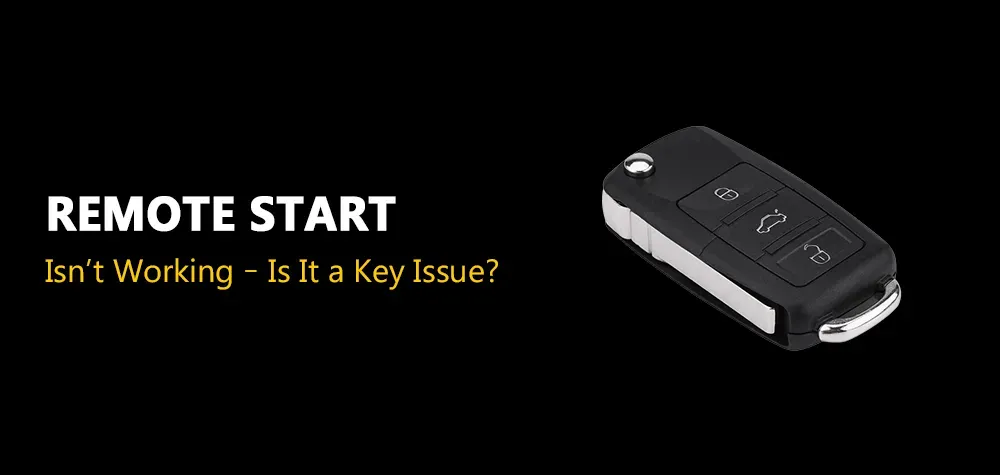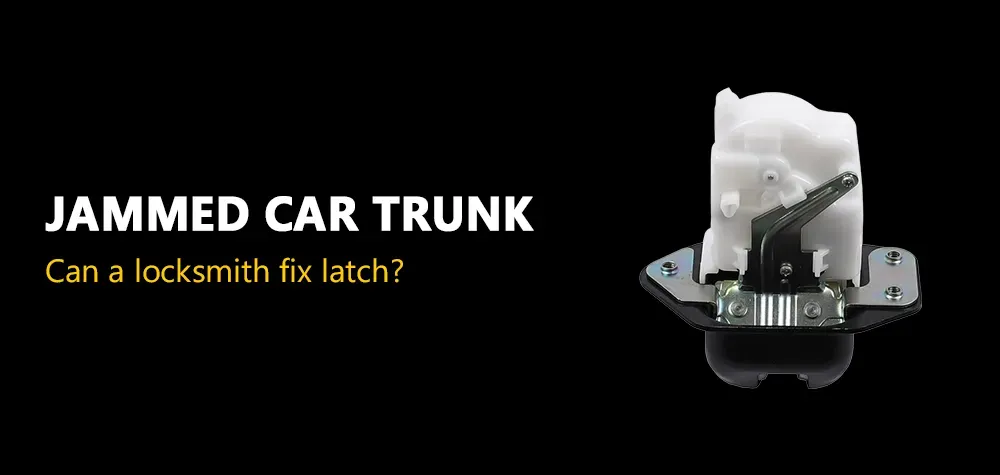Lost Keys in a Rental Car: Procedures and Protocols for Replacement
Losing keys in a rental car can be a stressful experience, but understanding the procedures and protocols for replacement is crucial. In this comprehensive guide, we'll delve into the steps you should take if you find yourself in this situation. From reporting the loss to dealing with rental agencies and potential costs, we'll provide detailed insights to help you navigate the process effectively. When facing challenges like a car lockout or needing to rekey your vehicle, it's crucial to explore reliable solutions.
First and foremost, it's important to remain calm and collected if you realize that you've misplaced your rental car keys. Panicking will only make the situation more challenging to handle. Take a moment to gather your thoughts and then proceed with the necessary steps to address the issue. Let's explore the best course of action to take in the event of lost rental car keys.
Reporting the Loss:
Immediate Steps to Take
The moment you realize your keys are lost in a rental car, it's essential to act promptly. Check your surroundings thoroughly and retrace your steps. If the keys remain untraceable, report the loss to the rental agency immediately. This early communication is vital for initiating the replacement process and ensuring the security of the vehicle.
It's also a good idea to check with any nearby businesses or establishments where you may have visited to see if anyone has turned in your keys. Additionally, consider contacting any roadside assistance or insurance coverage you may have for further assistance. Time is of the essence in these situations, so taking immediate action is crucial to resolving the issue efficiently.
Contacting the Rental Agency
Reach out to the rental agency's customer service or the local branch where you rented the vehicle. Provide them with detailed information about the circumstances surrounding the key loss. Be prepared to share your reservation details, rental agreement number, and any other pertinent information to facilitate a swift response.
Rental Car Key Replacement Process
Assessing the Rental Agreement
Refer to the rental agreement you signed when picking up the vehicle. Some agreements outline the specific procedures to follow in case of lost keys. Take note of any information regarding replacement costs, procedures, and responsibilities outlined in the agreement.
Tow and Key Replacement Services
Rental agencies often have protocols in place for key replacement. Depending on the agency, they may arrange for a tow to the nearest rental location or provide on-the-spot key replacement services. Understand the options available and any associated costs before proceeding with the chosen solution.
Costs and Financial Considerations
Understanding Liability
When it comes to lost keys in a rental car, liability varies among rental agencies. Some agencies may hold the renter responsible for all costs associated with key replacement, while others may cover a portion or the entire expense. Clarify the agency's liability policy before making decisions or authorizing any services.
Replacement Costs
Replacement costs for rental car keys can range from a nominal fee to a more substantial amount, depending on the vehicle's make and model, the type of key, and the agency's policies. Request a breakdown of the costs involved, including any towing fees or service charges.
Insurance Coverage
Personal Auto Insurance
Check if your personal auto insurance policy covers lost keys in rental cars. Some policies extend coverage to rental vehicles, providing financial protection for key replacement. Contact your insurance provider to understand the extent of coverage and any deductible that may apply.
Credit Card Coverage
Certain credit cards offer rental car insurance as a cardholder benefit. Review your credit card's terms and conditions to determine if lost keys are covered. Keep in mind that coverage can vary between credit card issuers, so contact your card provider for specific details.
Additional Considerations
Time Constraints
Acting swiftly is crucial when dealing with lost keys in a rental car. Some rental agencies impose time constraints on reporting key losses and initiating replacement procedures. Be aware of any deadlines specified in the rental agreement to avoid additional complications.
Coordination with Roadside Assistance
If you have roadside assistance coverage through the rental agency or another provider, coordinate with them to facilitate key replacement services. This can streamline the process and ensure that replacement efforts align with any existing assistance programs.
Preventive Measures and Best Practices
Key Management Strategies
To avoid the hassle of lost keys, implement effective key management strategies during your rental period. Designate a specific place, such as a dedicated pocket or pouch, for the rental car keys to minimize the risk of misplacement.
Duplicate Keys
Inquire with the rental agency about the availability of duplicate keys at the time of rental. Having a spare key on hand can serve as a quick solution in case of key loss and may prevent the need for extensive replacement procedures.
Conclusion
Losing keys in a rental car doesn't have to be a daunting experience if you're well-informed about the procedures and protocols for replacement. By reporting the loss promptly, understanding rental agency policies, and exploring insurance coverage options, you can navigate the situation with confidence. Additionally, adopting preventive measures and best practices can contribute to a smoother rental experience, ensuring that the inconvenience of lost keys is minimized.
For those pondering the advantages of rekeying versus replacement, The Difference Between Rekeying and Changing Your Lock offers a detailed comparison. Additionally, "Smartphone Integration: Using Mobile Apps for Car Key Replacement and Security" explores modern solutions, while : Understanding the Precision Behind Car Key Replacement" delves into the technical aspects of creating precise replacement keys.
Call Us Any Time!




